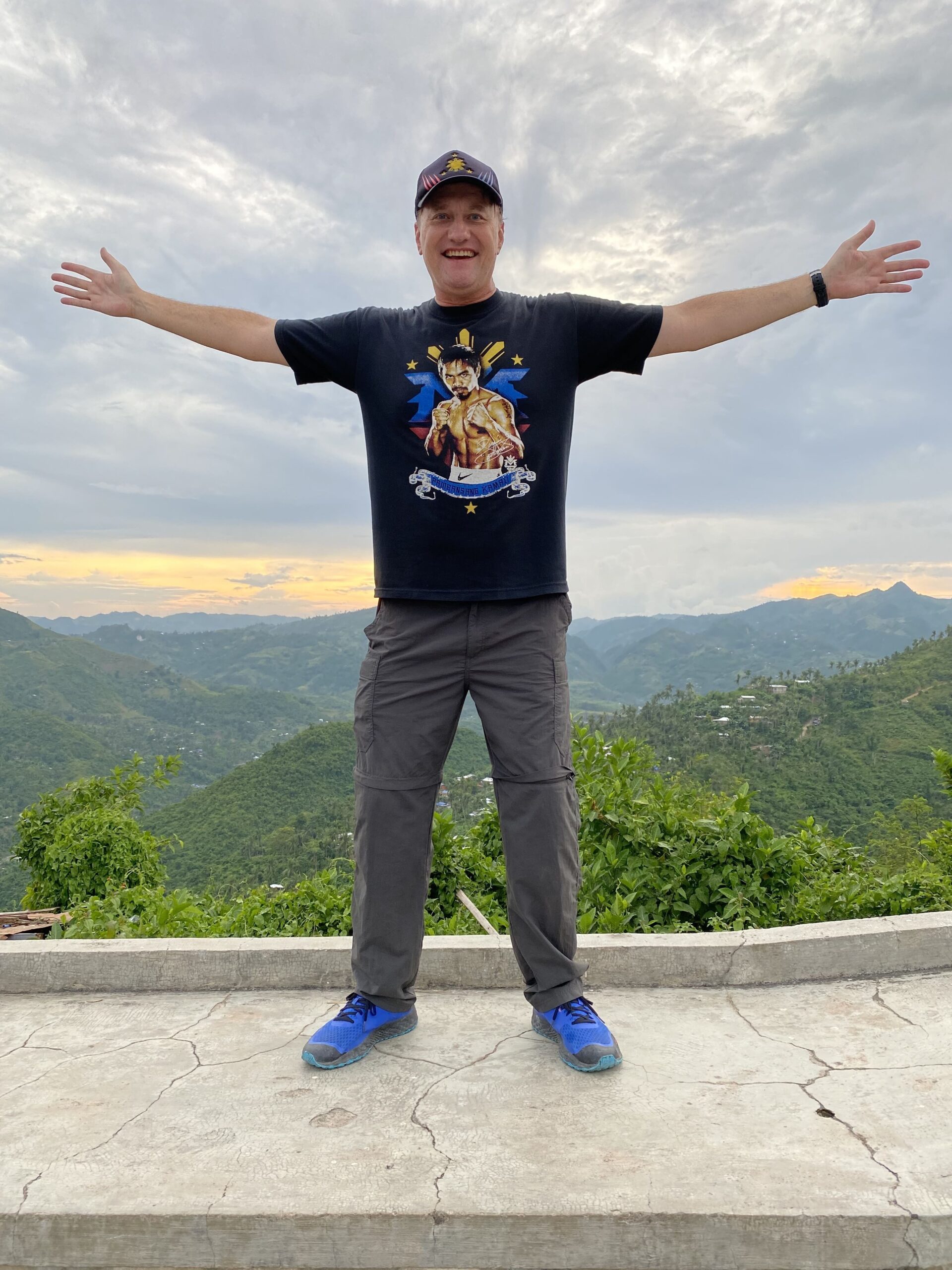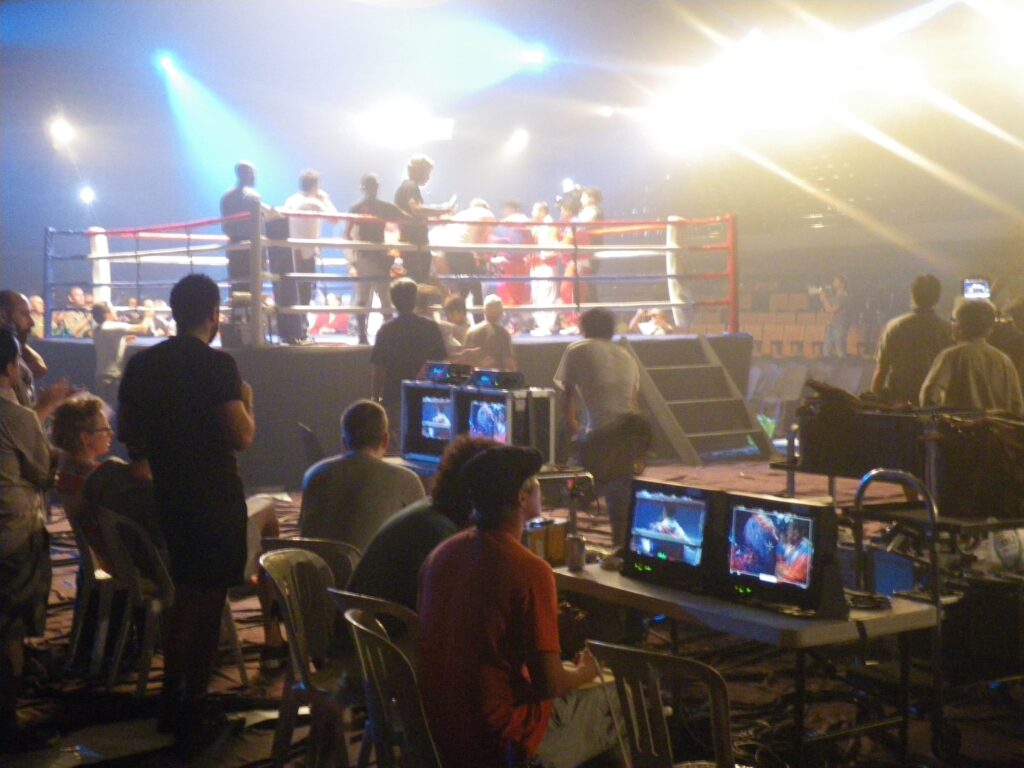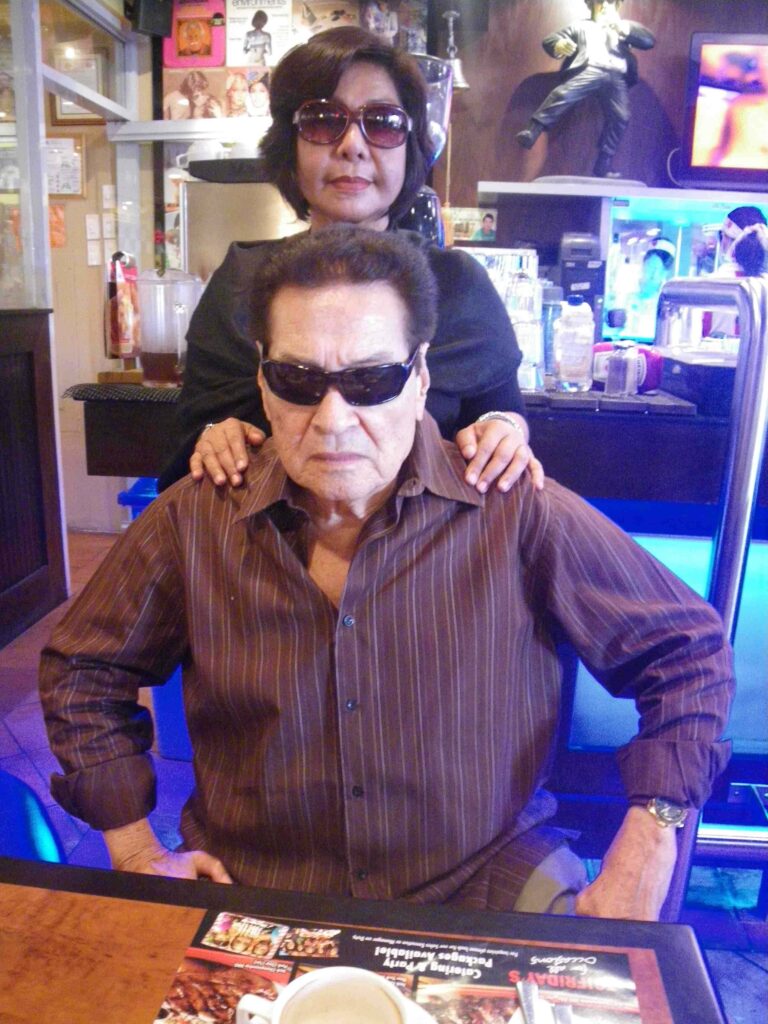

Sway Stagall’s journey in the arts began at Bennington College during its most radical days. As a former art student, Stagall’s college experience was marked by creativity and camaraderie, sharing a living space at Booth House—the notorious party dorm—with future star Peter Dinklage. Amid a vibrant and chaotic environment where dorm rooms doubled as sake shops, Stagall and his peers vowed to leave their mark on the world as great artists.

After graduation, while Dinklage found himself in a call center, Stagall faced his own battles, becoming a recovering alcoholic. Enrolling in the film program at the College of Marin, he penned his first screenplay, a melancholic tale about an addict from a dysfunctional family who creates videos documenting their lives. Dissatisfied with the somber tone, Stagall sought more dynamic narratives.
The lure of Hollywood beckoned, and Stagall moved west to craft revenge thrillers for independent directors. Despite his efforts, none of these projects materialized. However, a serendipitous encounter with Jackie Chan on the set of “Rush Hour 3” would change his career trajectory. Inspired by Chan, Stagall turned his focus to martial arts as a storytelling genre.
This new direction led him to Asia and ultimately to the Philippines, where he met the Supreme Grand Master of Eskrima. This meeting was pivotal, igniting a deep commitment to Filipino Martial Arts. Stagall dedicated his screenwriting career to promoting and advancing these traditional combat styles, blending authentic martial arts with compelling narratives.
Today, Sway Stagall is not only a celebrated screenwriter but also a lifetime member of International Social Services in the Philippines, reflecting his deep connection to the country and its martial heritage. His work continues to honor the rich tradition of Filipino Martial Arts, making him a revered figure in the filmmaking community.
Sway Stagall, a celebrated figure in the FilmmakerLife Hall of Fame, continues to make waves in the industry with his dynamic projects and collaborations. His latest endeavor features Jearome Calica, the action star of his script, whose exceptional talent and athleticism bring unparalleled energy to the project. JC, a SEA Games gold medalist in wushu—an acrobatic form of kung fu—infuses the story with authenticity and cultural richness. Together, they are pursuing both a government grant and a cultural grant, with strong prospects of success, further showcasing their commitment to creating impactful and culturally resonant films.




FilmmakerLife is proud to be a global team of dedicated professionals who are passionate about the world of filmmaking.